Swiss-Brazilian disease research faces uncertain future
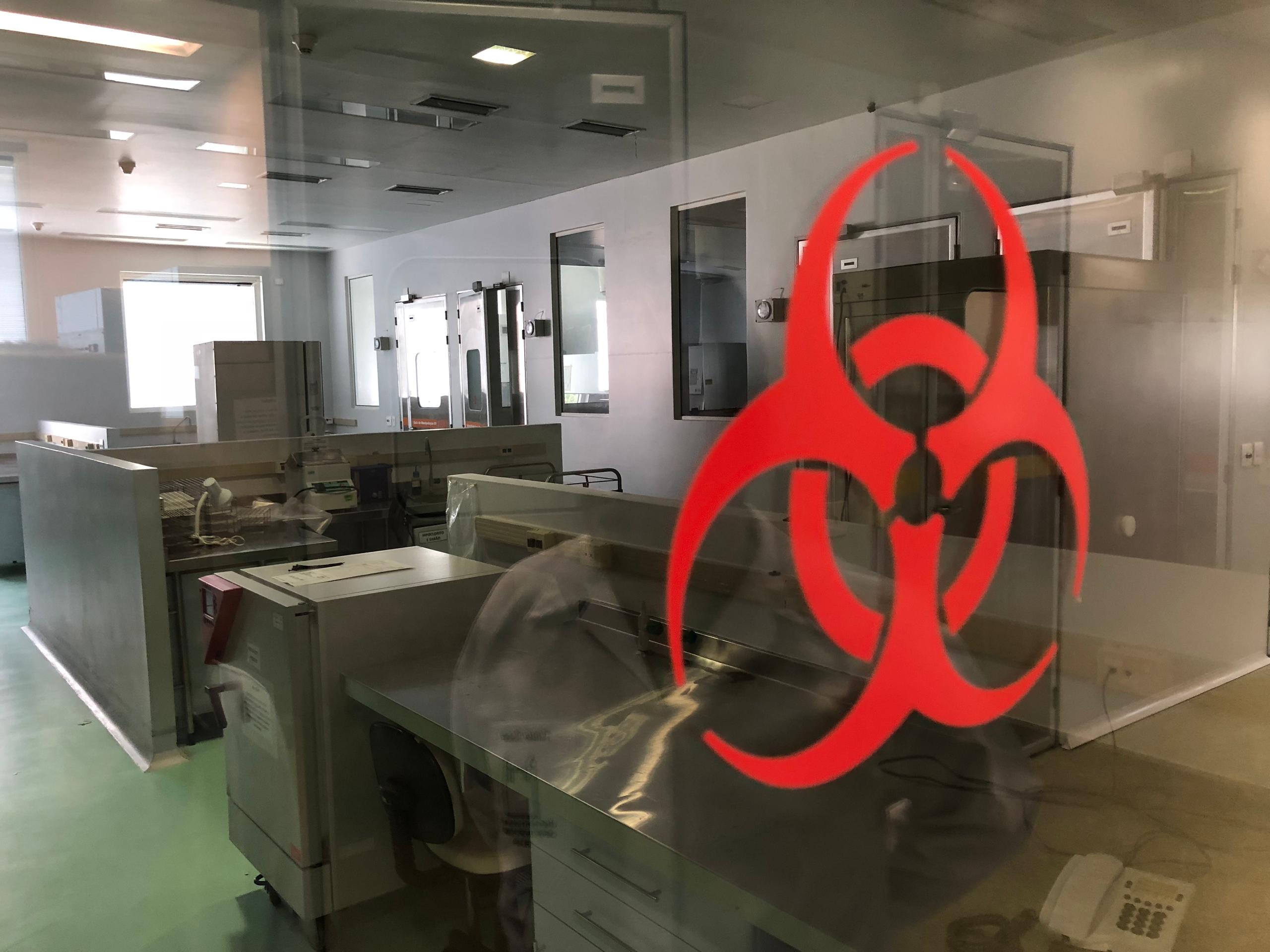
Scientists from Switzerland and Brazil are working to unlock the genetic secret behind tuberculosis (TB), a disease that kills more people than AIDS and malaria combined and is increasingly resistant to treatment. But drastic budget cuts in Brazilʼs science sector are putting their work in jeopardy.
In a room at the Swiss Tropical and Public Health InstituteExternal link (TPH), Professor Sébastien Gagneux receives TB samples sent from various regions of Brazil. Most come from the Oswaldo Cruz Foundation (FriocruzExternal link), the country’s main public health research institution.
“The goal is to discover what strains of bacteria are present in patients in Rio de Janeiro and how often a patient carries several types of bacteria,” explains Gagneux. Any one of these bacteria may be resistant to the drugs used to eradicate it, a phenomenon he calls “the biggest problem in the world today”.
“In many countries, we find variations of TB that can no longer be cured,” Gagneux says.
Last year, some 558,000 people around the world developed a strain of TB resistant to rifampicin, the most commonly used drug treatment. Of those cases, 82% had TB that was resistant to multiple drugs, according to the World Health Organization (WHO).
A disease boosted by demographics
Access to Brazilian samples is essential for the TB research being done in Switzerland. They form part of a group of 259 strains of Mycobacterium tuberculosis sent from around the globe and analysed by Gagneux’s team.
The Swiss and Brazilian researchers are studying TB’s evolution as well as why the disease manifests itself in the same way in various parts of the world, despite differences in the bacteria causing it.
“Most research aimed at developing drugs or vaccines works with just one bacterial variant,” Gagneux explains. “By mapping the different types, we can help ensure that drugs have the same effect in different parts of the world.”
In a 2013 study in the journal Nature GeneticsExternal link, the researchers concluded that TB appeared 70,000 years ago in Africa. “When people went to live in cities and the population grew, the disease became more virulent,” Gagneux says.
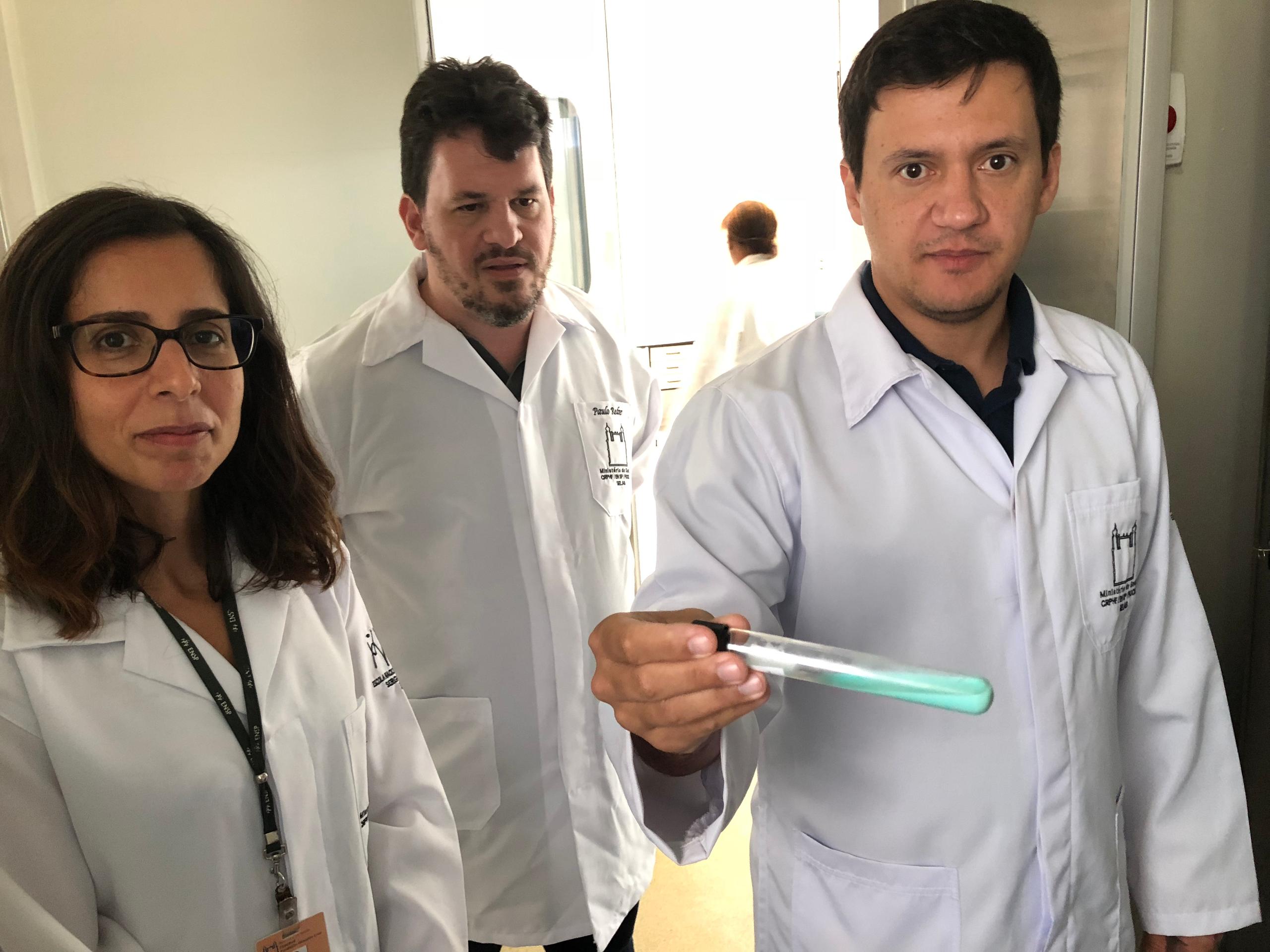
Science in crisis
The Swiss-Brazilian team’s research is co-funded by both countries, but Brazil’s economic woes are threatening its work.
“We are doing our part, but the Brazilian contribution is often late, which jeopardises the implementation of the programme,” Gagneux says.
In 2017 alone, Brazil’s government slashed its science budget by 44%, with a further 15% cut in funding planned for this year. A group of 23 Nobel laureates from around the world recently sent a letter to Brazilian President Michel Temer, criticising the cuts.
“There is not enough money to fund cooperation programmes or even to map TB in the State of Rio de Janeiro,” says Afrânio Kritski, a professor at the Federal University of Rio de Janeiro and member of Fiocruz who obtained a Brazilian grant for the joint TB research.
Kritski, who also coordinates international cooperation at the Brazilian Tuberculosis Research Network, says his country is struggling to keep young people in the scientific research field because of a lack of scholarship funding. This has led to a so-called brain drain where many Brazilian students emigrate to other countries, he notes.
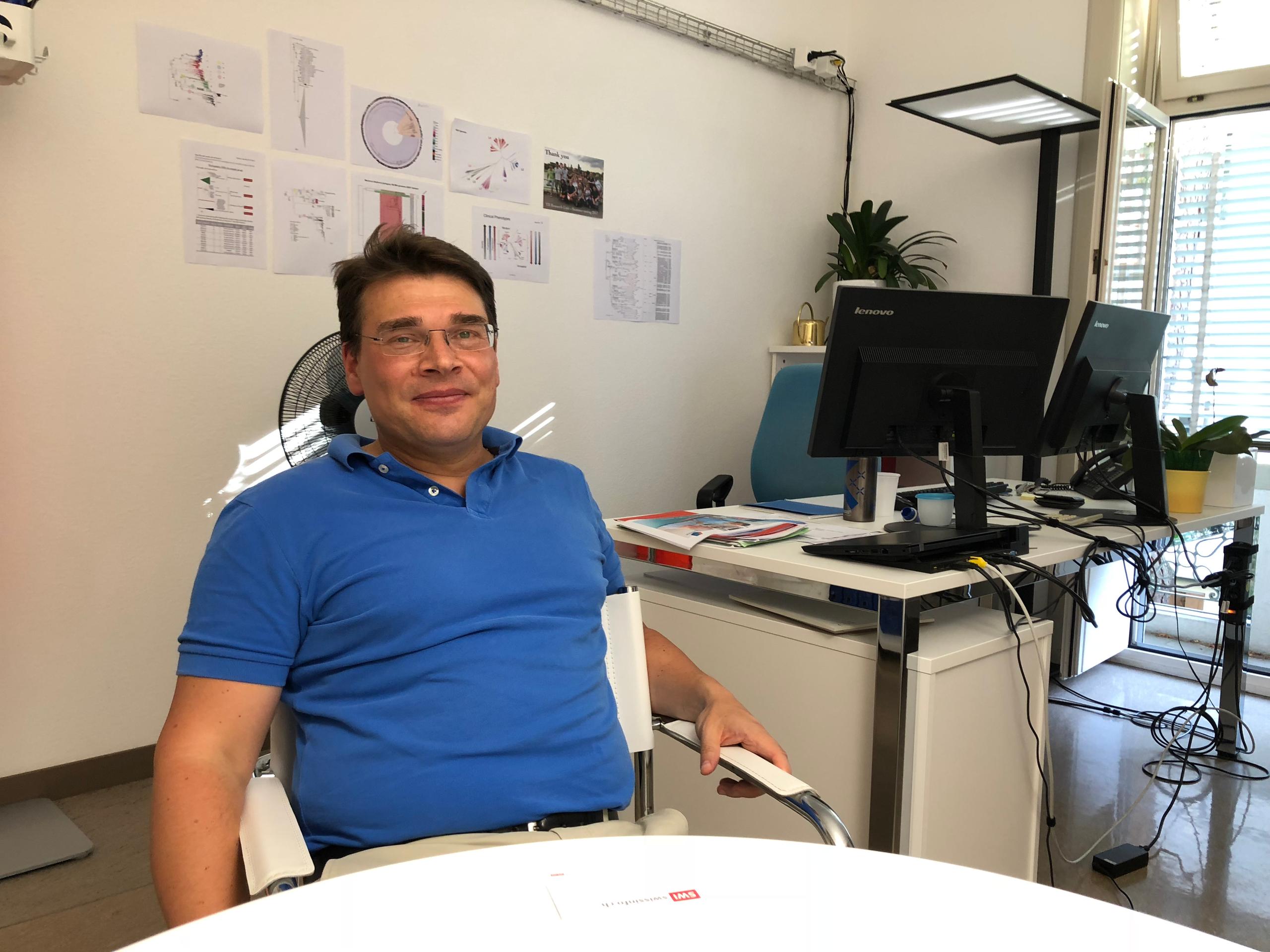
A key partnership
According to Kritski, the financial problems facing research in Brazil have made support from other countries like Switzerland invaluable. For example, the TB research partnership has given Brazilian scientists access to Gagneaux’s research structure and an opportunity for Brazilian postgraduate students to work in Basel with the TPH.
Brazil makes its own contribution to the TB research project. The country’s geographic position, spanning an entire continent, makes it an ideal study in how different strains of bacteria – especially those related to drug-resistant TB – spread among a population, says Kritski.
Calls for pharma involvement
Brazilian doctor Draurio Barreira works on TB issues at UnitaidExternal link, a Geneva-based international organisation linked to the WHO that purchases drugs. He believes that rich countries like Switzerland should extend their aid beyond scientific cooperation.
Barreira specifically points to the Swiss pharmaceutical industry, which accounts for 40% of the country’s exports.
“Switzerland produces many drugs for the treatment of TB, but no new products,” he says, noting that two drugs launched in 2012 and 2013 were developed in the United States and Japan after more than 40 years during which no new treatments arrived on the market.
He argues that Switzerland could do more to develop new treatments, with major Swiss pharmaceutical companies such as Roche and Novartis leading the charge.
“All rich countries have a huge social responsibility in fighting TB,” he says. “This is a disease that is transmitted by breathing. There is no vaccine and no prevention. No country is protected.”
The Swiss-Brazilian TB partnership
On the Brazilian side, Professor Afrânio Kritski obtained a grant from the Rio de Janeiro State Foundation to Support Science, Technology and Innovation (FAPERJ). In Switzerland, funding comes from the Swiss National Science Foundation (SNSF), which currently supports 12 research projects with Brazil. The funding also covers the exchange of young doctoral students between the two countries.
Kritski and his counterpart Sébastien Gagneux at the Swiss Tropical and Public Health Institute are the lead researchers for the project. The two men met many years ago and see each other regularly at international meetings of Latin-American researchers on eliminating TB.

In compliance with the JTI standards
More: SWI swissinfo.ch certified by the Journalism Trust Initiative
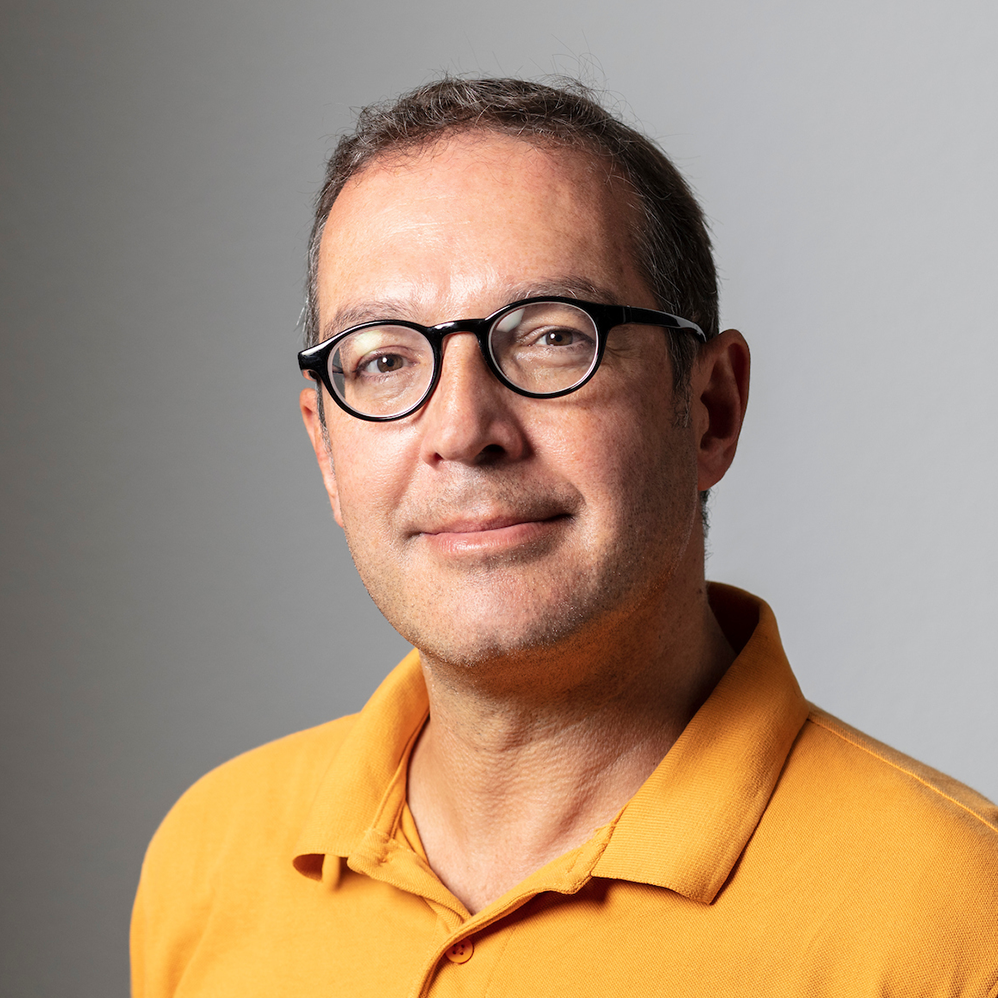

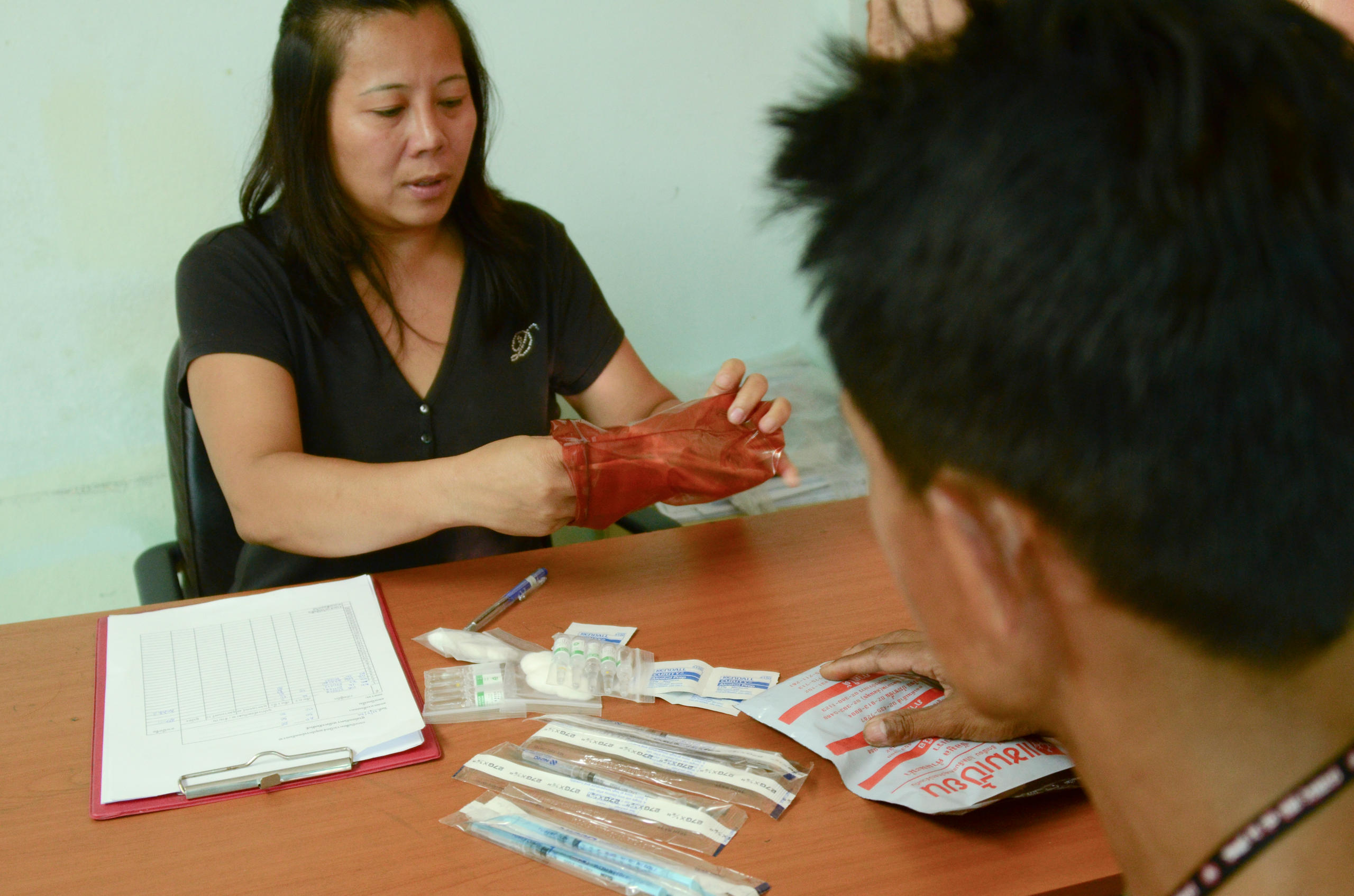
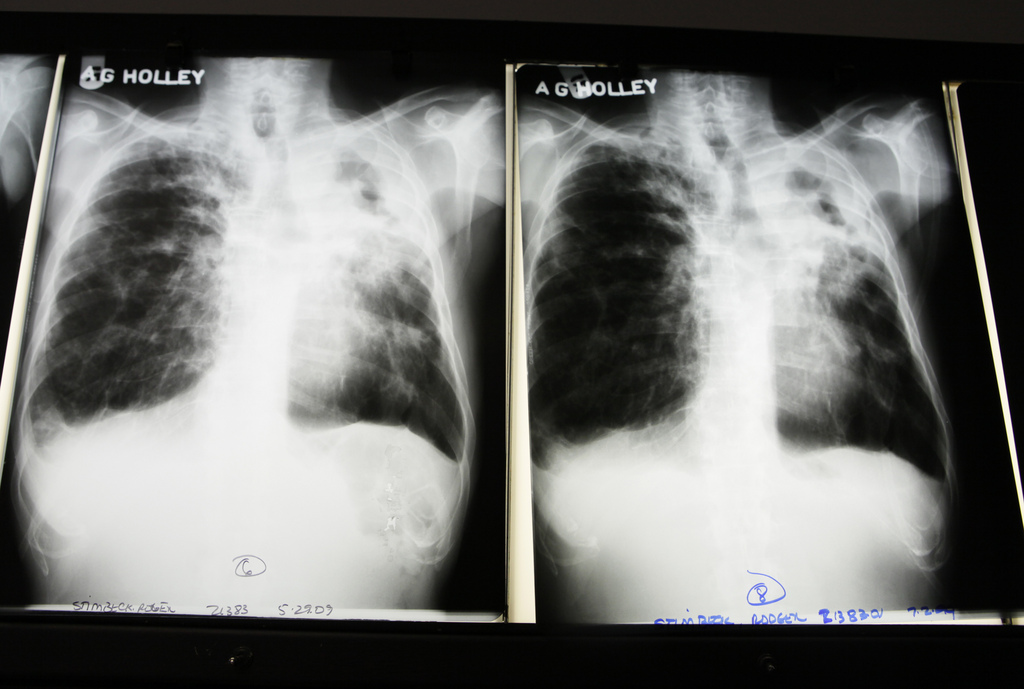
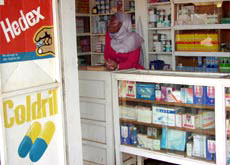
You can find an overview of ongoing debates with our journalists here . Please join us!
If you want to start a conversation about a topic raised in this article or want to report factual errors, email us at english@swissinfo.ch.